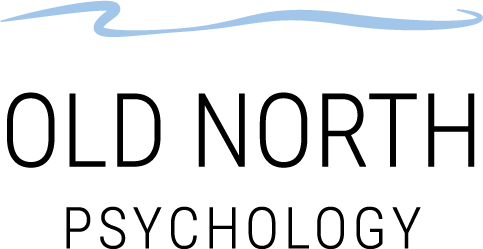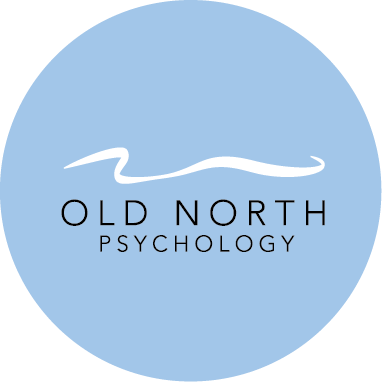Dr. Nicola McHale
Making the decision to begin therapy can be a confusing and nerve-wracking process. Believe it or not, even the act of searching psychologist websites and considering therapy is an act of courage and demonstrates strength. Therapy can look different, depending on your individual needs and goals. For instance, some individuals may benefit from shorter-term work, using cognitive behavioural therapy techniques to gain healthier perspectives, build coping skills, and actively engage in lifestyle changes to overcome difficulties. Depending on the nature of what someone is dealing with, and the extent to which it has been ingrained over time, individuals may also benefit from a more insight-oriented approach. This approach uses the safety of the therapeutic relationship to examine potentially unhelpful patterns in thinking, reactivity, and relating that are influenced by both past and present factors, and are keeping clients feeling “stuck”. Increasing awareness of these patterns, from a stance of continual curiosity and non-judgment, can create space for change and healing. Therapy often involves moving toward uncomfortable thoughts, feelings, and sensations. It is always the focus of therapy to support clients in learning ways to face these emotions in a mindful way, with the goal of developing increased comfort and equanimity in the face of these difficult emotions.
I obtained my Ph.D. in Clinical Psychology at the University of New Brunswick in 2015. I joined Old North Psychology in 2014. I recently made the switch to full-time private practice and was previously employed part-time at the First Episode Mood and Anxiety Program (FEMAP) at LHSC from 2014-2022. During my time at FEMAP I provided treatment of mood and anxiety disorders for youths ages 16-25. This work included short and long-term individual therapy, as well as development and facilitation of CBT and mindfulness groups for anxiety. I have also engaged in some supervision of entry-level psychologists. I currently work with adults and emerging adults (16+) with a range of difficulties, including mood and anxiety issues, trauma, difficulty managing emotions and relationships, and adjustment to major life transitions.



